
Karonga: The Gateway to Malawi's Natural Wonders
Nestled on the northern shores of Lake Malawi, Karonga is a charming town that offers a unique blend of natural beauty and cultural richness. Known for its welcoming atmosphere, Karonga serves as a perfect starting point for exploring the stunning landscapes of northern Malawi. The town is steeped in history, with ancient fossils and archaeological sites that tell the story of human evolution and early civilization. A visit to Karonga is incomplete without a trip to the Lake Malawi Museum. This small but comprehensive museum showcases the region's rich paleontological heritage, including the famous Malawisaurus dinosaur fossils. The museum also provides insights into the local culture and history, making it a must-visit for anyone interested in understanding the roots of this fascinating area. For nature lovers, the proximity to Lake Malawi offers endless opportunities for water activities such as swimming, snorkeling, and boating. The lake's clear waters are teeming with colorful fish and provide a serene backdrop for a relaxing day out. Just a short drive away, the Nyika National Park offers a different kind of adventure with its rolling grasslands, diverse wildlife, and scenic hiking trails. Karonga is not just a destination; it's an experience that combines the best of nature and history in one picturesque setting.
Local tips in Karonga
- Visit the Lake Malawi Museum early in the day to avoid crowds and get the best experience.
- Carry local currency (Malawian Kwacha) as card payments are not widely accepted.
- Plan a day trip to Nyika National Park for a chance to see diverse wildlife and enjoy scenic hikes.
- Bring sunscreen and a hat when exploring outdoor attractions, as the sun can be quite strong.
- Engage with local guides to get authentic insights and make your visit more enriching.
Karonga: The Gateway to Malawi's Natural Wonders
Nestled on the northern shores of Lake Malawi, Karonga is a charming town that offers a unique blend of natural beauty and cultural richness. Known for its welcoming atmosphere, Karonga serves as a perfect starting point for exploring the stunning landscapes of northern Malawi. The town is steeped in history, with ancient fossils and archaeological sites that tell the story of human evolution and early civilization. A visit to Karonga is incomplete without a trip to the Lake Malawi Museum. This small but comprehensive museum showcases the region's rich paleontological heritage, including the famous Malawisaurus dinosaur fossils. The museum also provides insights into the local culture and history, making it a must-visit for anyone interested in understanding the roots of this fascinating area. For nature lovers, the proximity to Lake Malawi offers endless opportunities for water activities such as swimming, snorkeling, and boating. The lake's clear waters are teeming with colorful fish and provide a serene backdrop for a relaxing day out. Just a short drive away, the Nyika National Park offers a different kind of adventure with its rolling grasslands, diverse wildlife, and scenic hiking trails. Karonga is not just a destination; it's an experience that combines the best of nature and history in one picturesque setting.
When is the best time to go to Karonga?
Iconic landmarks you can’t miss
Karonga Museum
Explore the cultural heritage of Malawi at Karonga Museum, where history comes alive through fascinating exhibits and local stories.
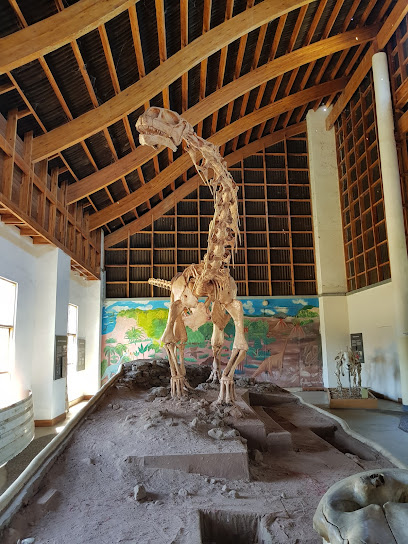
Golden Sand Beach Lodge
Experience serenity at Golden Sand Beach Lodge, where golden sands and azure waters create the perfect beach getaway for every traveler.
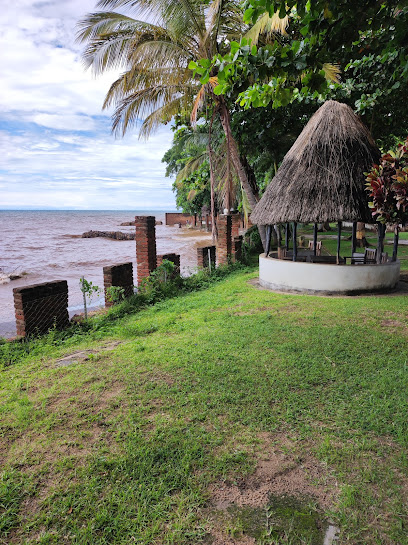
Manguzi Executive Lodge
Experience the serene charm of Manguzi Executive Lodge in Karonga, where comfort meets adventure amidst stunning natural beauty.

Club Marina
Discover the comfort of Club Marina in Karonga, where local charm meets serene hospitality amidst Malawi's stunning landscapes.

Karonga Stadium
Discover the vibrant atmosphere of Karonga Stadium, a hub for thrilling sports events and a showcase of Malawian culture and community spirit.
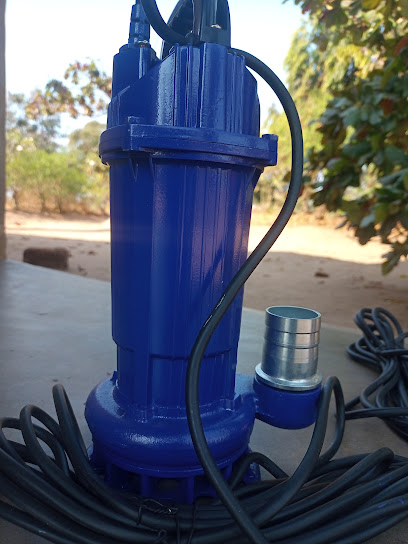
Commonwealth war cemetery karonga
Explore the Commonwealth War Cemetery in Karonga, a serene tribute to World War II heroes amidst lush landscapes, fostering remembrance and reflection.
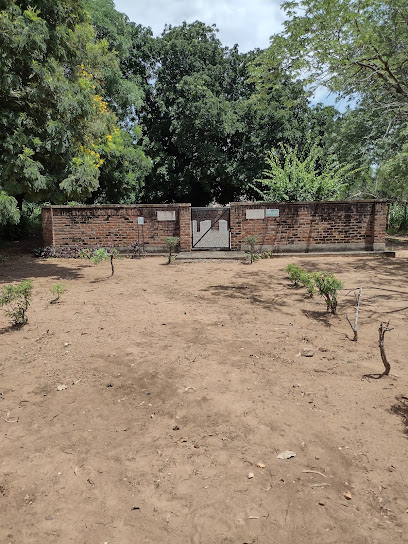
Malema
Explore Malema in Karonga for an authentic Malawian shopping experience, featuring handcrafted goods and local delicacies to take home.

karonga town, malawi
Experience the vibrant culture and stunning landscapes of Karonga Town, Malawi, where tradition and natural beauty come together for an unforgettable journey.

Radio Dinosaur FM
Experience the vibrant culture of Karonga at Radio Dinosaur FM, where local music and community spirit come alive through the airwaves.

Unmissable attractions to see
Karonga Museum
Discover the history and culture of Malawi at Karonga Museum, home to fascinating artifacts and enriching exhibits.
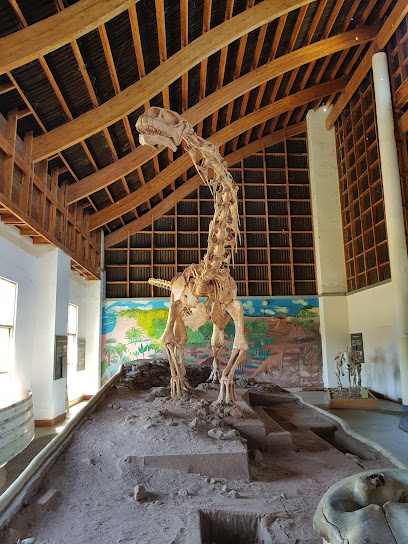
Kuti Wildlife Reserve
Experience the thrill of the wild at Kuti Wildlife Reserve - a natural sanctuary for wildlife lovers in Malawi.
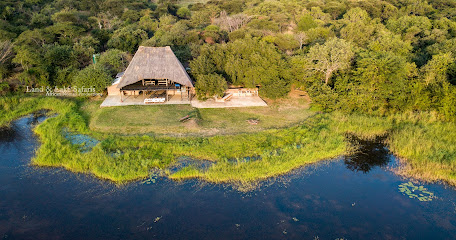
Malawisaurus at Roundabout
Discover the prehistoric marvel of Malawisaurus at Roundabout in Karonga, a captivating tourist attraction showcasing Malawi's ancient marine life.
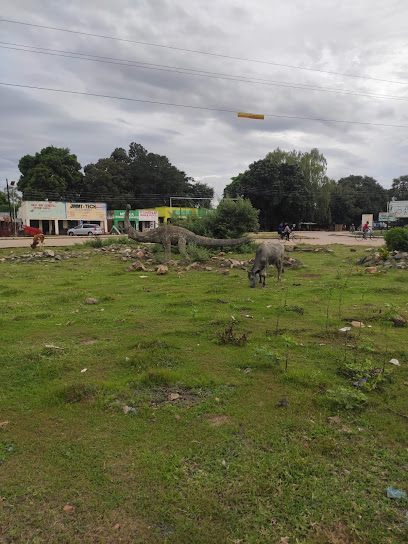
Hamiton kasunga
Discover the breathtaking beauty of Hamiton Kasunga, a premier hiking area in Malawi known for its scenic trails and rich biodiversity.

Lwasho Beach
Experience the beauty and tranquility of Lwasho Beach in Karonga, Malawi—a perfect destination for relaxation and adventure.

Commonwealth war cemetery karonga
Explore the poignant history of the Commonwealth War Cemetery in Karonga, Malawi, a serene tribute to the bravery of World War II soldiers.
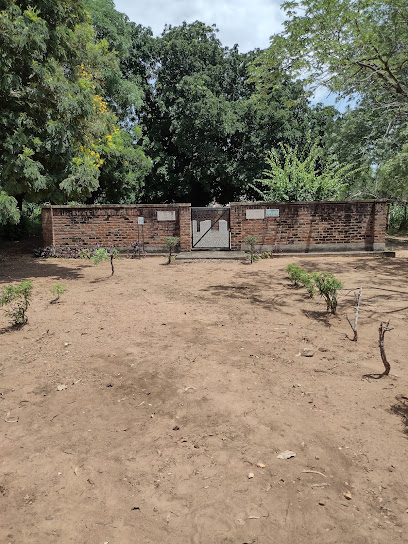
MY home muula
Experience the rich culture and stunning landscapes of Karonga at MY Home Muula, a gem for tourists seeking authentic Malawian experiences.
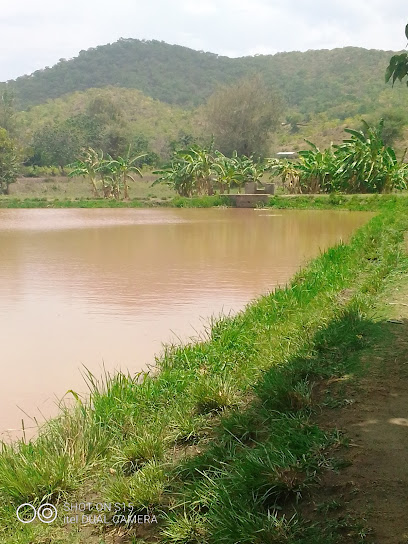
Karonga Freedom Park
Experience the serene beauty of Karonga Freedom Park, a natural oasis perfect for relaxation and family fun in Malawi.

Essential places to dine
Manguzi Executive Lodge
Experience comfort and tranquility at Manguzi Executive Lodge in Karonga - your perfect retreat amidst nature's beauty.
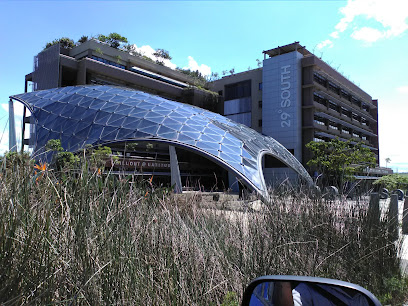
Club Marina
Experience local charm and modern comfort at Club Marina in Karonga – your perfect retreat after exploring Malawi's beauty.

Henry's Fish And Chips And Chicken
Experience delicious local cuisine at Henry's Fish And Chips And Chicken – where flavor meets tradition in every bite!
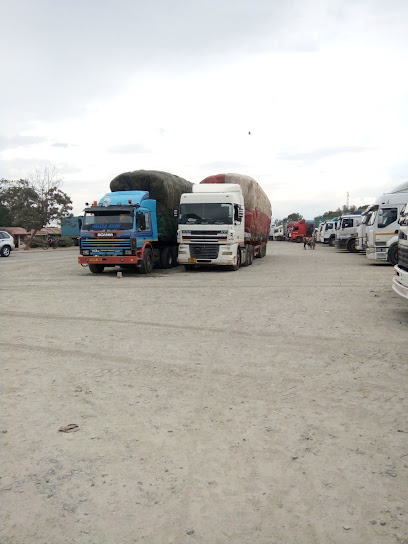
Rina's Kitchen
Experience authentic Malawian cuisine at Rina's Kitchen in Karonga - a culinary delight waiting for you.

Tokatoka Guesthouse & Restaurant
Discover comfort and local flavor at Tokatoka Guesthouse & Restaurant in Karonga, your perfect base for exploring Malawi's scenic beauty.

GreenVee Restaurant
Discover authentic Malawian cuisine at GreenVee Restaurant in Karonga, where fresh ingredients meet local traditions.

Melanin Spotlight and Grill
Discover the electrifying nightlife at Melanin Spotlight and Grill in Karonga – where great food meets unforgettable entertainment.
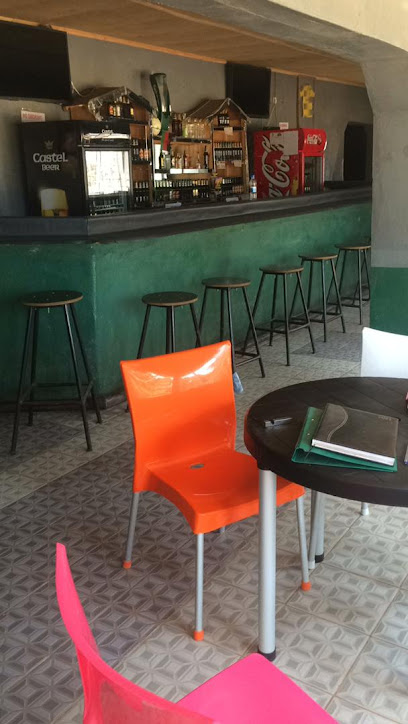
Kayira Bar And Restaurant
Experience authentic Malawian cuisine at Kayira Bar And Restaurant, where every dish tells a story.
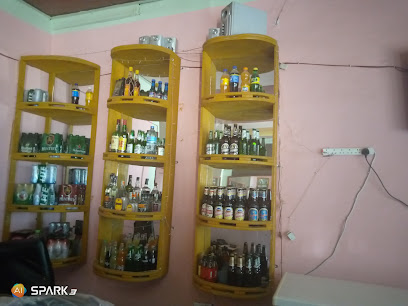
V.V Bar and Restaurant
Experience authentic Malawian flavors at V.V Bar and Restaurant - where local culture meets delicious dining.
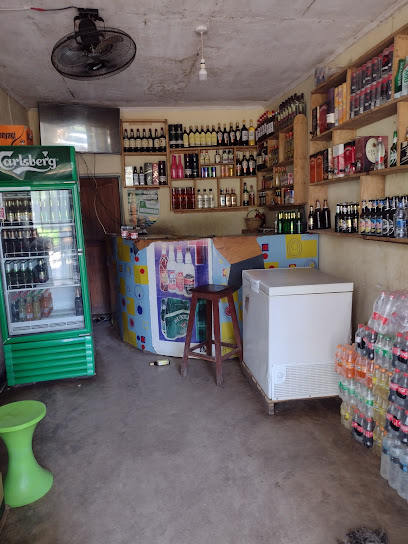
Megabite Karonga
Experience authentic Malawian cuisine at Megabite Karonga - where every bite tells a story.

Burger King
Indulge in classic American fast food at Burger King in Karonga – home of flame-grilled burgers and crispy fries!

MONTYS BAR & GRILL
Discover the lively atmosphere at Montys Bar & Grill in Karonga, where local flavors meet great company and entertainment.
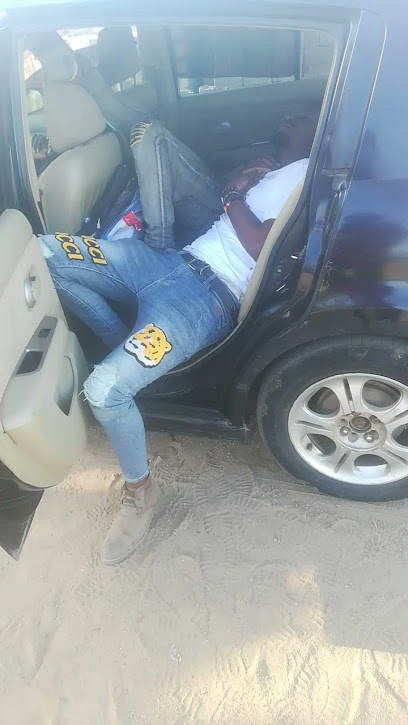
Honey Dew Restaurant & Take-away
Experience authentic Malawian barbecue at Honey Dew Restaurant & Take-away in Karonga – where flavor meets tradition.

Markets, malls and hidden boutiques
Public Market
Experience the vibrant atmosphere and rich local culture at Karonga's Public Market, a must-visit destination for every traveler.
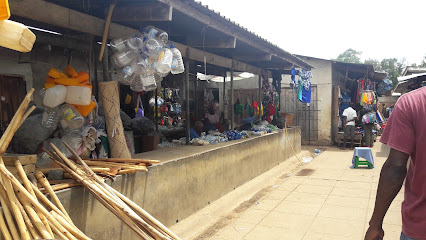
Tesco Shopping Centre
Experience local culture and cuisine at Tesco Shopping Centre, the vibrant supermarket in Karonga, Malawi, offering a diverse selection of products.

Sanaa Shopping Mall
Explore Sanaa Shopping Mall in Karonga for a unique blend of local and international shopping experiences, dining options, and vibrant atmosphere.
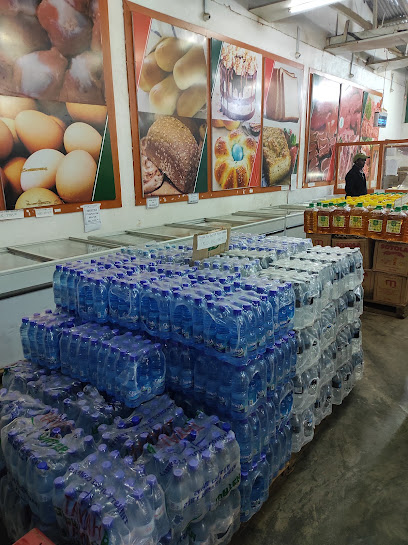
Bukuku Computer Technology
Discover the latest in electronics and technology at Bukuku Computer Technology in Karonga, Malawi - a must-visit for tech lovers.
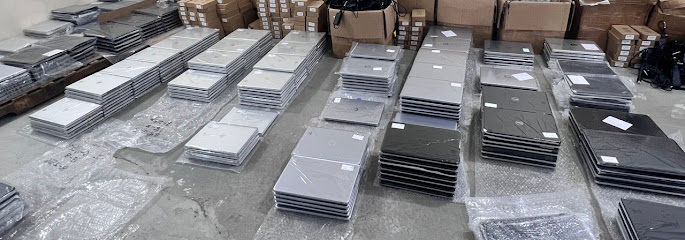
Mwenilondo Trading Center
Explore Mwenilondo Trading Center, a vibrant market in Karonga, Malawi, where local culture and commerce come alive with fresh produce and unique crafts.

Opportunity Bank
Experience the lively atmosphere of Opportunity Bank Shopping Mall in Karonga - a premier shopping destination blending local culture and modern retail therapy.

Karonga museum
Explore the history and culture of Malawi at the Karonga Museum, a fascinating destination for travelers interested in the region's rich heritage.

Chendawamba Shop
Discover unique treasures and immerse yourself in local culture at Chendawamba Shop, a vibrant shopping mall in Karonga, Malawi.
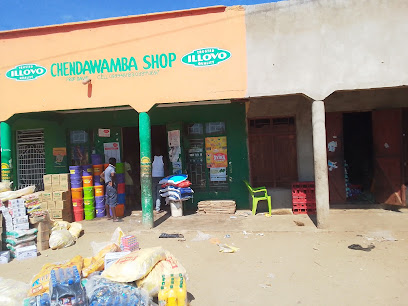
Mswarz Stationeries
Discover the charm of Mswarz Stationeries in Karonga, where creativity meets quality stationery supplies for every need.
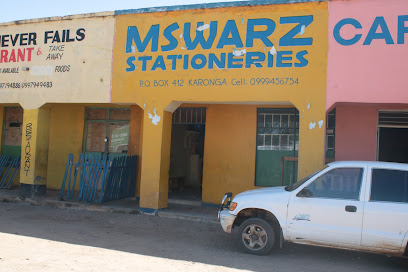
Chendawamba Compound
Discover unique home goods and local crafts at Chendawamba Compound in Karonga, showcasing the richness of Malawian culture and artistry.

Karonga admarc
Explore the lively Karonga Admarc Market, a vibrant hub of local culture, fresh produce, and authentic Malawian experiences.

Teras Health Care
Explore Teras Health Care in Karonga for premium organic products and natural health solutions that promote well-being and vitality.

Mr P Store
Explore unique fashion and local culture at Mr P Store, a vibrant clothing destination in the heart of Karonga's market.
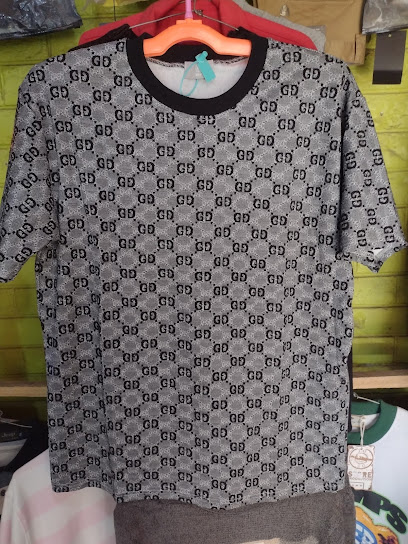
Cheyo Fishing Nets
Explore the rich fishing culture of Karonga at Cheyo Fishing Nets, your gateway to local fishing adventures with expert guidance.

WIMAE BOUTIQUE
Explore the charm of vintage fashion at WIMAE BOUTIQUE in Karonga, where unique clothing pieces await to tell their stories.
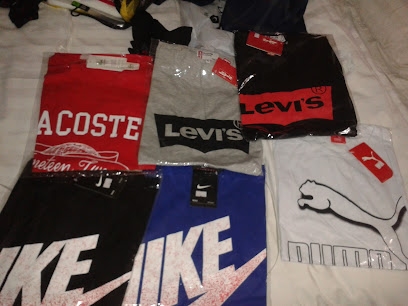
Essential bars & hidden hideouts
Club Marina
Discover the comfort and charm of Club Marina in Karonga, where local culture meets a relaxing retreat.

Tokatoka Guesthouse & Restaurant
Experience comfort and local flavor at Tokatoka Guesthouse & Restaurant, your ideal home away from home in Karonga.

GreenVee Restaurant
Experience authentic Malawian flavors at GreenVee Restaurant in Karonga, where local ingredients meet warm hospitality.

Jafali2 Liquor shop
Experience the vibrant local nightlife at Jafali2 Liquor Shop in Karonga, where local and international brews come together in a charming setting.
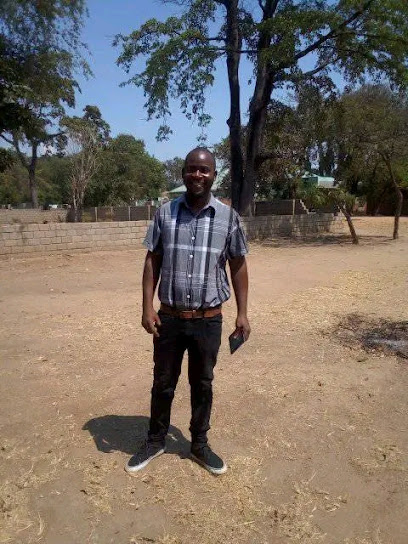
Bar Lodge And Conference
Experience the vibrant atmosphere and local culture at Bar Lodge and Conference in Karonga, a perfect spot for relaxation and socializing.

Melanin Spotlight and Grill
Discover the lively nightlife at Melanin Spotlight and Grill in Karonga, where music, dance, and delicious food come together for an unforgettable experience.
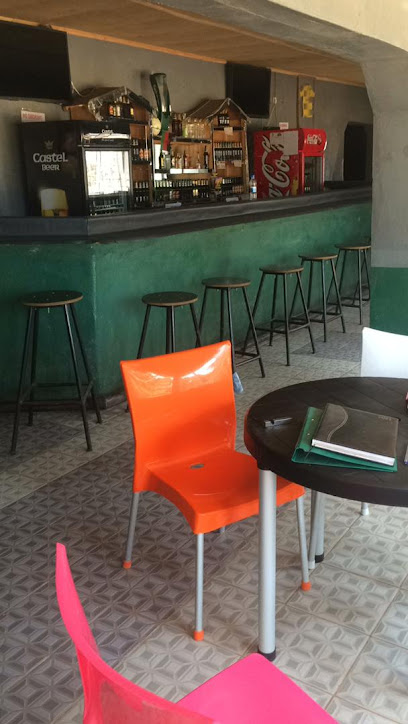
Recreation bar
Experience the heart of Karonga at this friendly local bar, where authentic drinks and warm hospitality await every traveler.
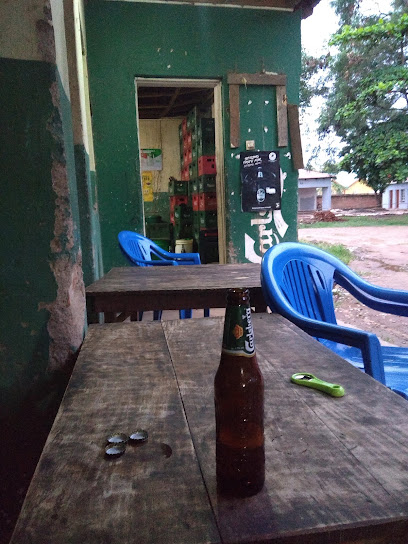
V.V Bar and Restaurant
Experience the vibrant atmosphere and local hospitality at V.V Bar and Restaurant in Karonga, a perfect stop for travelers exploring Malawi.
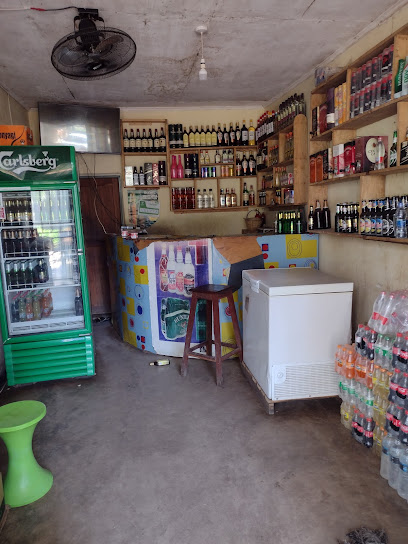
Club erosion
Experience the vibrant nightlife of Karonga at Club Erosion, where great drinks and local music create an unforgettable atmosphere.

MONTYS BAR & GRILL
Experience the vibrant local culture at Montys Bar & Grill in Karonga, where delicious grilled dishes and refreshing drinks await.
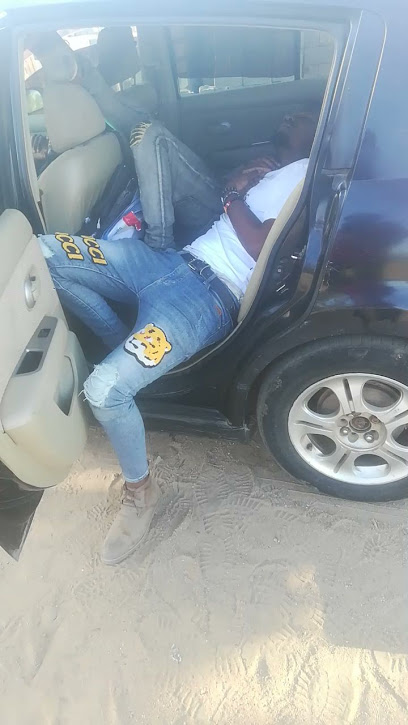
MT Liquor Shop
Discover the vibrant local nightlife at MT Liquor Shop in Karonga, offering a diverse selection of beverages and a welcoming atmosphere.

Honey Dew Restaurant & Take-away
Discover the authentic taste of barbecue at Honey Dew Restaurant & Take-away in Karonga, where every bite delights the senses.

Local Phrases
-
- HelloMoni
[moh-nee] - GoodbyeTionana
[tee-oh-nah-nah] - YesEe
[ee] - NoAyiyi
[ah-yee-yee] - Please/You're welcomeChonde
[chon-deh] - Thank youZikomo
[zee-koh-moh] - Excuse me/SorryPepani
[peh-pah-nee] - How are you?Muli bwanji?
[moo-lee bwan-jee] - Fine. And you?Ndili bwino. Inu?
[ndee-lee bwee-noh. ee-noo] - Do you speak English?Mukudziwa kutsutsa chizungu?
[moo-koo-dzee-wah koot-soot-sah chee-zoon-goo] - I don't understandSindikudziwa
[seen-dee-koo-dzee-wah]
- HelloMoni
-
- I'd like to see the menu, pleaseNdikufuna kuona menu, chonde
[ndee-koo-foo-nah kwoh-nah meh-noo, chon-deh] - I don't eat meatSindidya nyama
[seen-dee-dyah nyah-mah] - Cheers!Zokoma!
[zoh-koh-mah] - I would like to pay, pleaseNdikufuna kulipira, chonde
[ndee-koo-foo-nah koo-lee-pee-rah, chon-deh]
- I'd like to see the menu, pleaseNdikufuna kuona menu, chonde
-
- Help!Mulongosole!
[moo-lon-goh-soh-leh] - Go away!Ndafera!
[ndah-feh-rah] - Call the Police!Pemphani mpolisi!
[pehm-pah-nee mpo-lee-see] - Call a doctor!Pemphani dokotala!
[pehm-pah-nee doh-koh-tah-lah] - I'm lostNdili wopita
[ndee-lee woh-pee-tah] - I'm illNdili ndi zochita
[ndee-lee ndee zoh-chee-tah]
- Help!Mulongosole!
-
- I'd like to buy...Ndikufuna kugula...
[ndee-koo-foo-nah koo-goo-lah] - I'm just lookingNdili ndikulira
[ndee-lee ndee-koo-lee-rah] - How much is it?Ndalama zingati?
[ndah-lah-mah zin-gah-tee] - That's too expensiveIzi ndizinthu zambiri
[ee-zee ndee-zeen-thoo zahm-bee-ree] - Can you lower the price?Mukhoza kuchotsa ndalama?
[moo-khoh-zah koo-choh-tsah ndah-lah-mah]
- I'd like to buy...Ndikufuna kugula...
-
- What time is it?Sinthani nthawi?
[seen-thah-nee n-tah-wee] - It's one o'clockSindikati nthawi yachisanu
[seen-dee-kah-tee n-tah-wee yah-chee-sah-noo] - Half past (10)Chaka choyamba
[chah-kah choh-yahm-bah] - MorningUsiku
[oo-see-koo] - AfternoonMawa
[mah-wah] - EveningChaka chachitatu
[chah-kah chah-chee-tah-too] - YesterdayTsiku lachiwiri
[tsee-koo lah-chee-wee-ree] - TodayTsiku lachiwiri
[tsee-koo lah-chee-wee-ree] - TomorrowMawa
[mah-wah] - 1Moja
[moh-jah] - 2Ziwiri
[zee-wee-ree] - 3Zitatu
[zee-tah-too] - 4Zine
[zee-neh] - 5Zitsala
[zee-tsah-lah] - 6Zisanu
[zee-sah-noo] - 7Zisere
[zee-seh-reh] - 8Ziwome
[zee-wom-meh] - 9Zikumi
[zee-koo-mee] - 10Zikulu
[zee-koo-loo]
- What time is it?Sinthani nthawi?
-
- Where's a/the...?Kodi...ali kuti?
[koh-dee...ah-lee koo-tee] - What's the address?Anthu akuti?
[ahn-thoo ah-koo-tee] - Can you show me (on the map)?Mukhoza kundikonzera (pa maphu)
[moo-khoh-zah koon-dee-kohn-zeh-rah (pah mah-phoo)] - When's the next (bus)?Zinthu zina zinthu zina zina?
[zeen-thoo zee-nah zeen-thoo zee-nah zee-nah] - A ticket (to ....)Tikiti (kuti ....)
[tee-kee-tee (koo-tee ....)]
- Where's a/the...?Kodi...ali kuti?
History of Karonga
-
Karonga, located in the northern region of Malawi, has been inhabited for centuries. The early settlers were primarily the Tumbuka and Ngonde people, who established small agricultural communities. These communities thrived on farming and fishing due to the fertile lands and the proximity to Lake Malawi.
-
In the 19th century, Karonga became a bustling trading hub due to its strategic position along trade routes. Swahili and Arab traders arrived, bringing with them goods such as cloth, beads, and firearms. They also introduced Islam to the region, which influenced the local culture and trade practices.
-
In the late 19th century, Scottish missionaries, led by Dr. Robert Laws, established the Livingstonia Mission near Karonga. The mission aimed to spread Christianity and provide education and medical care to the local population. It played a crucial role in the development of the region, including the establishment of schools and hospitals.
-
During the colonial period, Karonga was under British rule as part of Nyasaland. This era saw the exploitation of local resources and labor, leading to discontent among the indigenous population. One notable event was the Chilembwe Uprising in 1915, led by John Chilembwe, who fought against the oppressive colonial regime. Although the uprising was suppressed, it marked an important chapter in the struggle for independence.
-
The Karonga War, which occurred between 1887 and 1889, was a series of conflicts between Swahili traders and the Ngonde people. The war was primarily fueled by competition over trade routes and resources. The conflict ended when German colonial forces intervened, establishing a tenuous peace in the region.
-
Malawi gained independence in 1964, and Karonga began to develop rapidly. The town became an important center for agriculture, particularly rice and cassava farming. Infrastructure improvements, such as roads and schools, were made to support the growing population. Karonga also became a key location for the extraction of natural resources, including coal and uranium.
-
Karonga is rich in cultural heritage, with traditional dances, music, and crafts playing a significant role in the community. The annual Ngonde Cultural Festival is a highlight, celebrating the customs, history, and achievements of the Ngonde people. It features vibrant performances, traditional attire, and a display of local crafts and foods.
-
Karonga gained international attention with the discovery of the Malawisaurus in the 1920s. This dinosaur species, which lived approximately 130 million years ago, was unearthed near the town and has since become a symbol of the region's rich prehistoric past. The Karonga Museum now houses many of these fossils, attracting paleontologists and tourists alike.
Karonga Essentials
-
Karonga is located in the northern region of Malawi, near the shores of Lake Malawi. The nearest major airport is Kamuzu International Airport in Lilongwe, about 600 kilometers away. From Lilongwe, you can take a domestic flight to Karonga Airport, which is serviced by local airlines. Alternatively, you can travel by road via bus or private car; the journey takes approximately 8 to 10 hours. Buses operated by companies like AXA Bus Company and National Bus Services provide regular services between Lilongwe and Karonga.
-
Within Karonga, transportation options include minibuses (matolas), taxis, and bicycle taxis (kabaza). Matolas are a popular and affordable way to get around, but they can be crowded and less reliable with schedules. Taxis are more comfortable and can be hired for specific routes or for the day. Bicycle taxis offer a unique and eco-friendly way to navigate shorter distances, especially within the town center. Renting a car is also an option and offers the flexibility to explore the surrounding areas at your own pace.
-
The official currency in Malawi is the Malawian Kwacha (MWK). Credit cards are accepted in some hotels, restaurants, and larger shops, but it is advisable to carry cash for smaller establishments and markets. ATMs are available in Karonga, but it's wise to withdraw enough cash in larger cities like Lilongwe or Mzuzu to avoid any inconvenience. Foreign exchange bureaus are also available for currency conversion.
-
Karonga is generally considered a safe destination for tourists. However, it is important to take standard precautions. Avoid walking alone at night, especially in unfamiliar areas. Keep an eye on your belongings in crowded places, such as markets and bus stations. While Karonga doesn't have specific high-crime areas targeting tourists, always stay vigilant and aware of your surroundings.
-
In case of emergency, dial 997 for police assistance and 998 for medical emergencies. Karonga District Hospital is the main medical facility in the area, and there are also several clinics and pharmacies for minor health issues. It is recommended to have travel insurance that covers medical emergencies and evacuation. For more serious issues, you may need to be transported to larger medical facilities in Mzuzu or Lilongwe.
-
Fashion: Do dress modestly, especially when visiting local villages or religious sites. Avoid wearing revealing clothing. Religion: Do respect local customs and traditions. Always ask for permission before taking photos of people, especially in religious or rural areas. Public Transport: Do be respectful to fellow passengers and the driver. Don't eat or drink on public transport. Greetings: Do greet people with a handshake and a smile. Address elders with respect. Eating & Drinking: Do try local delicacies and accept food offerings graciously. Don’t refuse hospitality, as it is considered impolite.
-
To experience Karonga like a local, visit the local markets such as Karonga Market, where you can buy fresh produce, fish from Lake Malawi, and traditional Malawian goods. Engage with locals, who are often friendly and willing to share stories about the town's history and culture. Don't miss visiting the Karonga Museum, which offers insights into the cultural and natural history of the region. For a unique experience, take a boat trip on Lake Malawi to explore the scenic beauty and local fishing villages.
Nearby Cities to Karonga
-
Things To Do in Mbeya
-
Things To Do in Mzuzu
-
Things To Do in Nkhata Bay
-
Things To Do in Kasama
-
Things To Do in Iringa
-
Things To Do in Salima
-
Things To Do in Chipata
-
Things To Do in Lilongwe
-
Things To Do in Dodoma
-
Things To Do in Mangochi
-
Things To Do in Morogoro
-
Things To Do in Tabora
-
Things To Do in Singida
-
Things To Do in Zomba
-
Things To Do in Blantyre








